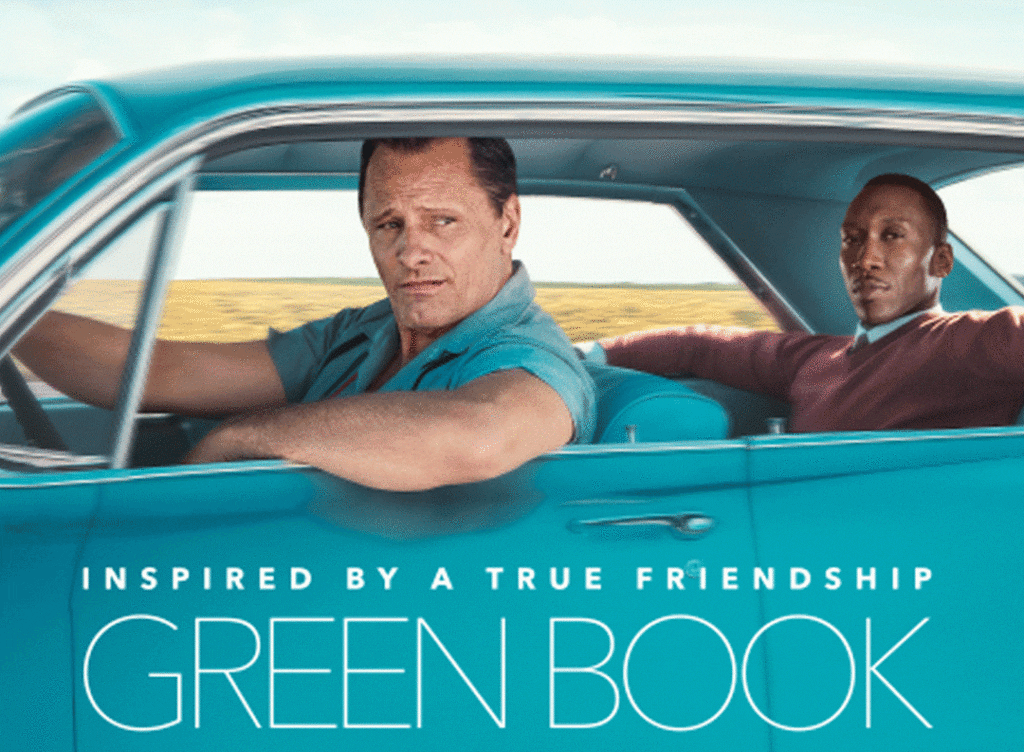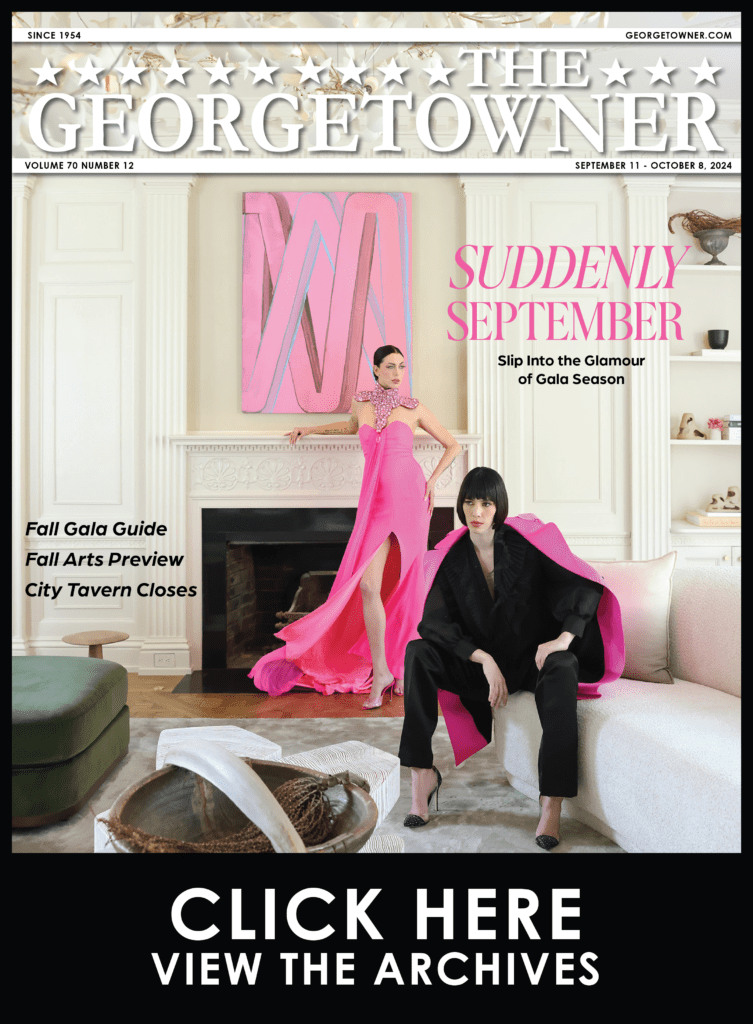So. That wasn’t soooo bad, now, was it?
In the days leading up to the 2019, 91st, without-a-host Oscars, the talk, on-air and off, was filled with wacky woe, snarkiness, doom and gloom and glam and glom and not a little schadenfreude about what a train wreck the Oscars show and event were going to be.
We have no host, fans noted, after the icky mess with the coming and going of comedian Kevin Hart, who did not become the host, and thus avoided an increasingly thankless task of being the most visible elephant in a roomful of elephants.
There were the ill-fated doings of the academy, which wanted to create a new category of so-called popular films — or movies — which would have made room for more crowd-pleasing films, or movies, most coming from the world of Marvel and DC Comics and animation. The academy dropped that idea, as well as that of announcing the winners of three lesser categories during commercial breaks.
More serious media types warned that this might be the beginning of the end of the Oscars as we know and knew them. This sort of portentous and pretentious trash talk usually comes from people who forget that the Oscars — like all the other awards shows during awards show season — is a television show, only more so.
Drag in the usual talk about PC, relevancy, art vs. entertainment and diversity and you had the prospect of a show quickly turning into a campaign rally or something worse, like another man or woman announcing that they would run for president, complete with a band and swag bags.
Turns out, in spite of a continuing cultural and political change, the Oscars were sort of like, well, the Oscars of old and the Oscars of new.
More than that, they were kind of fun, whether you watched the red carpet or not (guilty).
The show itself opened with a splash. From the moment when what’s left of the stadium band Queen rocked the house — fronted by a surprisingly effective Adam Lambert doing his best to do a Freddie Mercury, singing “We Will Rock You” and “We Are the Champions” — you could let out a sigh of relief that things would be okay, and certainly not fraught with anything too damaging or dangerous.
Queen’s presence was sparked by “Bohemian Rhapsody,” one of the films up for Best Motion Picture, which it did not get, but for which Rami Malek (of television’s “Mr. Robot” fame) did win a Best Actor award for portraying Mercury.
As usual, the proceedings — after a happily funny opening by the non-host SNL hostesses trio of Tina Fay, Maya Rudolph and Amy Poehler — got underway officially and traditionally with the awarding of the Best Supporting actress Award, this time to Regina King, for her work in the film “If Beale Street Could Talk.”
The film was based on a novel by the late and great African American writer James Baldwin, best known for the novels “Go Tell It on the Mountain” and “Another Country,” as well as his angrily eloquent and sharply observant essays on race in America. King was aptly rewarded; she has been one of the most naturally authentic performers on television and in movies for years, including in series like “Southland.”
The absence of a host was duly noted, and then pitched into obscurity, as various presenters made their presence known one way or another. “Roma,” the black-and-white near-documentary art film from Mexico, and in Spanish, was devoted to recording the life of a struggling woman and her family in Mexico. It was a critical favorite and front-runner for Best Picture. It won a Best Director and Best Original Screenplay nod for Alfonso Cuarón, who had previously won an Oscar for “Gravity.”
“Roma” also received a moving and eloquent introduction from restaurant legend and outstanding Washington and world-citizen José Andrés, of Jaleo fame, who was joined on the podium by “Roma” actor Diego Luna. Andrés, who led a relief effort for Puerto Rico, said that “Roma reminds us of the understanding and compassion that we all owe to the invisible people in our lives, immigrants and women, who move humanity forward.”
“Roma” did not win Best Picture, and neither did “The Favourite,” favored by some, or Spike Lee’s “BlacKkKlansman.” Therein lies the current rub of controversy. Lee, who won his first Oscar for Best Adapted Screenplay, appeared angry after “Green Book,” a more traditional Hollywood approach to matters of race, won that honor.
“Green Book” — a kind of black-and-white road-trip film about the development of respect and friendship between a black classical musician driven through the Jim Crow-era South by a white man played by Viggo Mortensen — had been piling up buzz and awards on the road to the Oscars, had an outside shot and got it, along with a Best Supporting Actor nod for Mahershala Ali.
Spike Lee, resplendent in a very original suit, is by now considered a pioneering spirit and inspiration for in-your-face and powerful films about race, including “Do the Right Thing,” “Jungle Fever” and “Malcolm X.”
“Black Panther,” the thrilling, spectacular epic based on a Marvel Comics character, picked up several Oscars in smaller categories, while also proving to be a major box-office smash.
The popular “A Star is Born,” the fourth (at least) version of the mentor-protégé romance, won a Best Song award for Lady Gaga and company for “Shallow,” which Gaga sang onstage with co-star Bradley Cooper, a heavy-eye-contact event which was seen by many as evidence of a burgeoning romance (or not, given that Cooper’s girlfriend was a prominent presence in the audience). Ah, Hollywood.
The show ran over only a few bearable minutes. The winners among the smaller categories all seemed bent on killing the time limit, as they should have. Best Actress winner Olivia Colman did a very good imitation of a real person as opposed to Hollywood star, enjoying the moment almost as much as we did watching her.
Women (#MeToo and representation were front-and-center issues at the 2018 Oscars) were much in evidence, with more and more winners. And they seemed to have the best time and the best of it, as a sea of pink gowns graced and sometimes overwhelmed the red carpet. I have no expertise in these matters, the symbolism, the wearing and navigation of gowns, and I can’t get that apparition of a costume that Melissa McCarthy (a nominee, by the way) wore as a presenter out of my mind.
All this probably means that the Oscars will be back next year.
Hooray for Hollywood.


